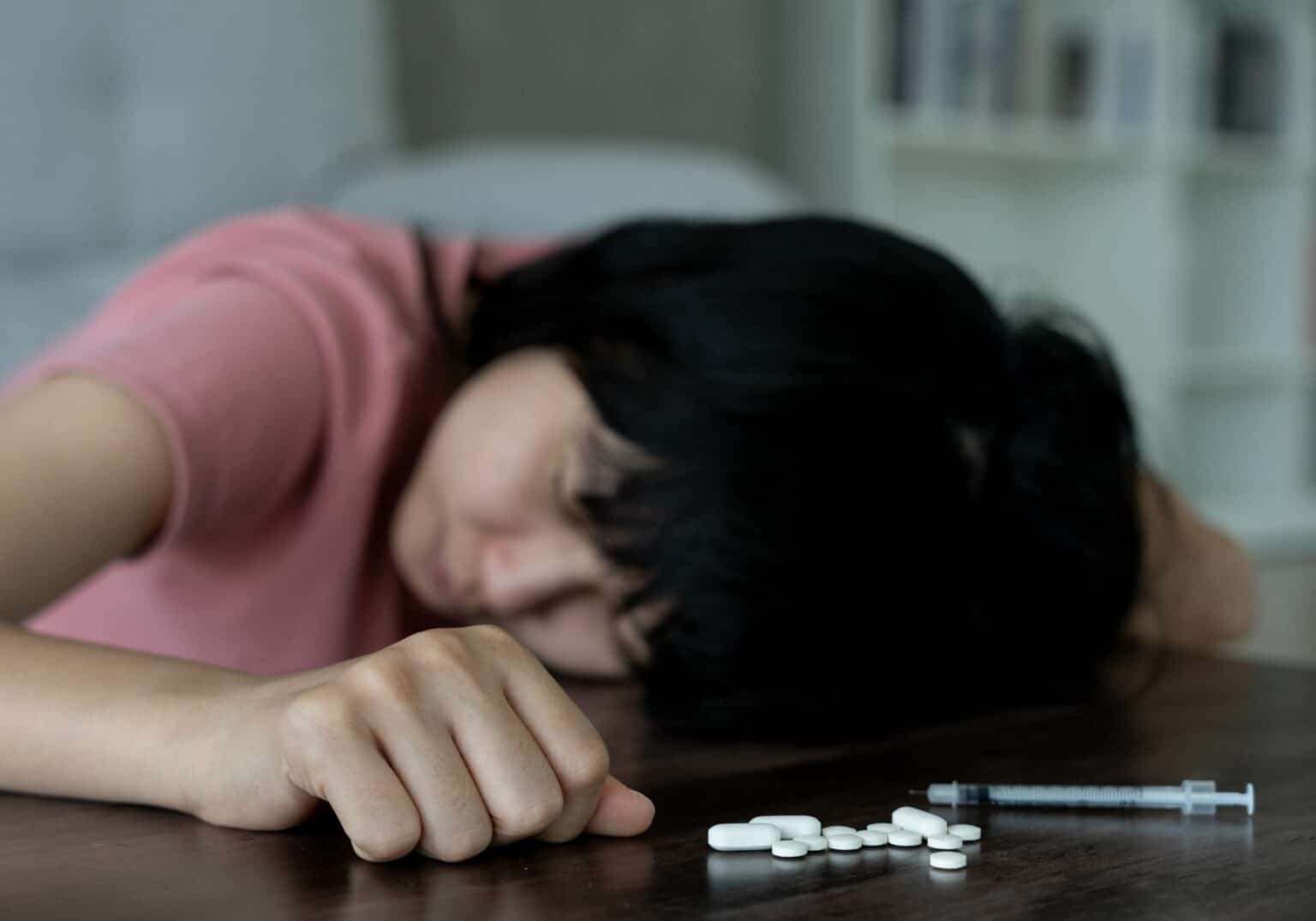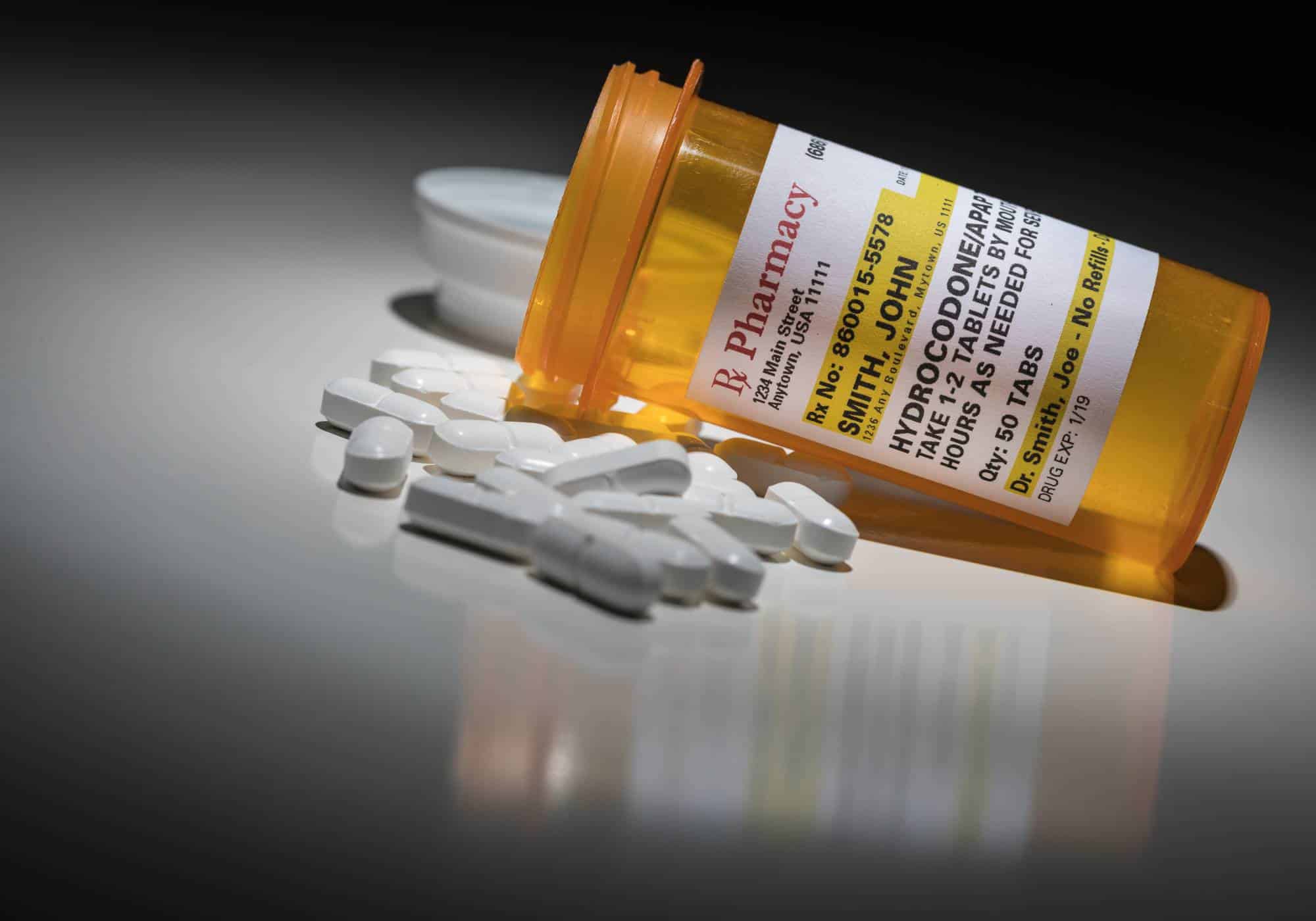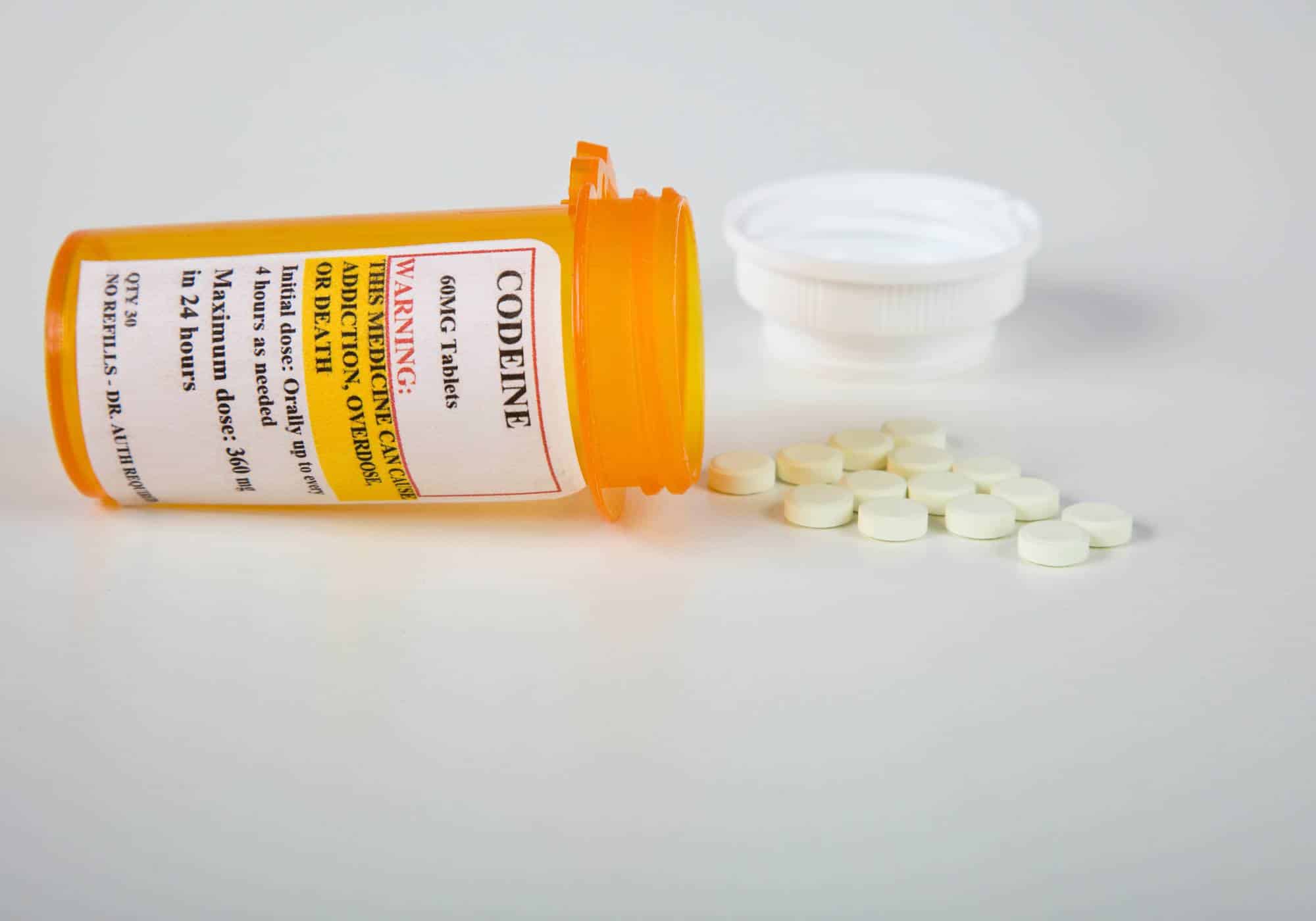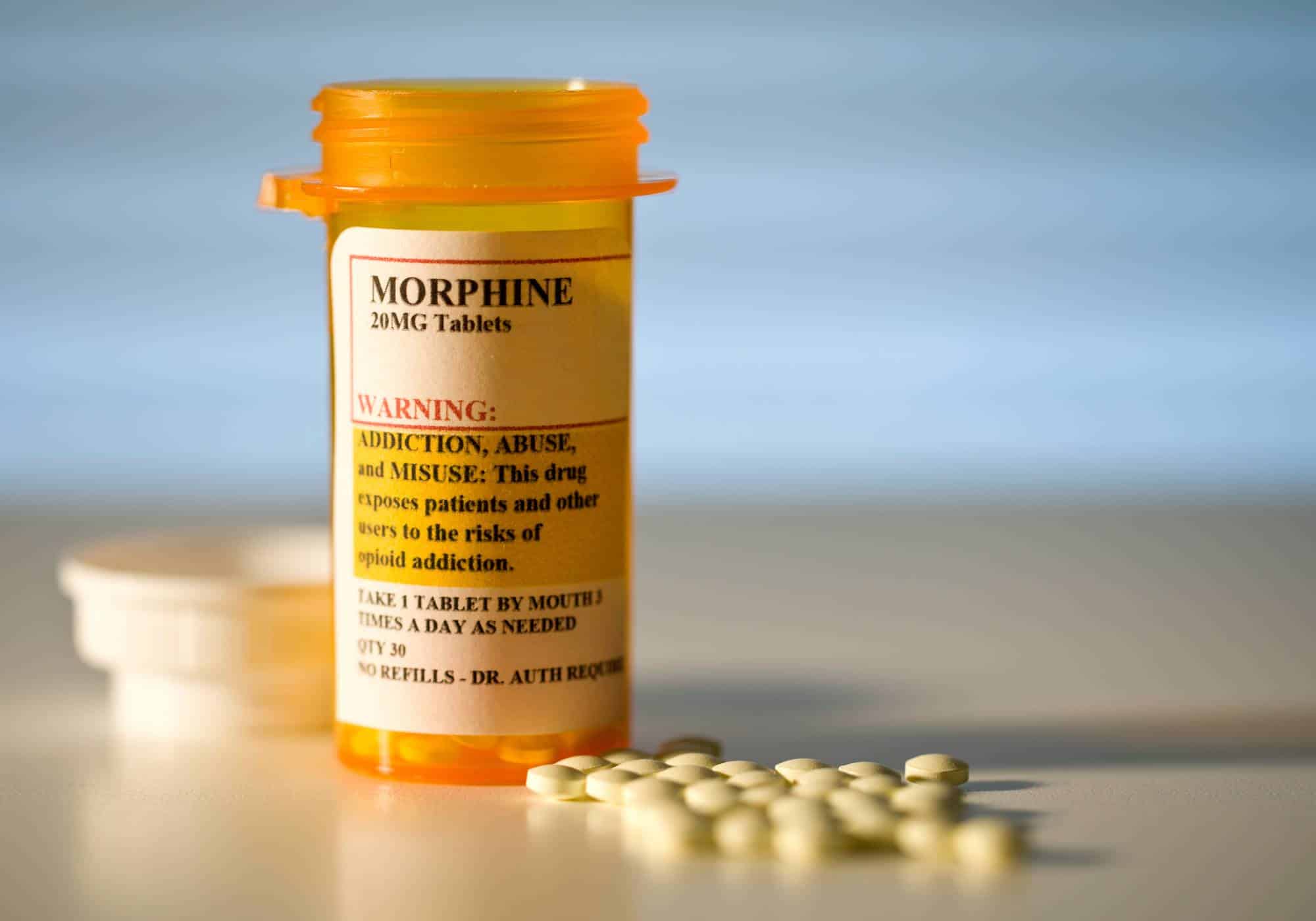A heroin overdose is a severe and potentially life-threatening consequence of using this opioid drug. Overdosing on heroin occurs when a person ingests a dose so high that it overwhelms the body, leading to opioid toxicity.
Heroin and similar opioids affect crucial areas in the brain that control breathing. When taken in large doses, these substances can drastically slow down respiratory rate. This respiratory depression can escalate to a complete halt in breathing, which can be fatal in overdose cases.
The danger of a heroin overdose is heightened when it’s used alongside other substances such as alcohol or benzodiazepines. These combinations can further impair respiratory function, increasing the risk of a fatal outcome.
Moreover, the illicit nature of heroin means its purity and composition are often uncertain. Illicit manufacturers may mix heroin with other substances, most notably fentanyl, a much stronger opioid. Fentanyl dramatically heightens the risk of respiratory depression and overdose due to its high potency. The unpredictable strength of heroin laced with fentanyl or other substances poses a significant risk to users, who may not be aware of the exact composition of the drug they are taking.
Signs of Heroin Overdose
A heroin overdose can manifest through a range of alarming symptoms, signaling an urgent need for medical attention. The body’s blood flow decreases dramatically, leading to visible signs like bluish lips or fingernails due to reduced circulation. In the moments leading up to an overdose, some individuals might experience symptoms such as dry mouth, a sudden drop in blood pressure, or intestinal cramps.
The following signs can indicate a heroin overdose:
- Constricted pupils: A noticeable reduction in the size of the pupils.
- Physical instability: An inability to stand or sit upright without support.
- Slurred speech: Difficulty in articulating words clearly.
- Periods of unresponsiveness: Often referred to as “nodding out,” where the individual appears to be drifting in and out of consciousness.
- Respiratory distress: Breathing becomes labored, shallow, or hoarse, indicating respiratory depression, a dangerous reduction in the rate and depth of breaths.
- Weak pulse: The heartbeat may become faint and hard to detect.
- Loss of consciousness or coma: The individual may become unresponsive, leading to a comatose state.
- Fatal outcomes: Without immediate medical intervention, these symptoms can escalate to life-threatening conditions or even death.
Recognizing these signs of a heroin overdose is crucial. If you observe any of these symptoms in someone, it’s important to seek emergency medical help immediately, as timely intervention can be life-saving.
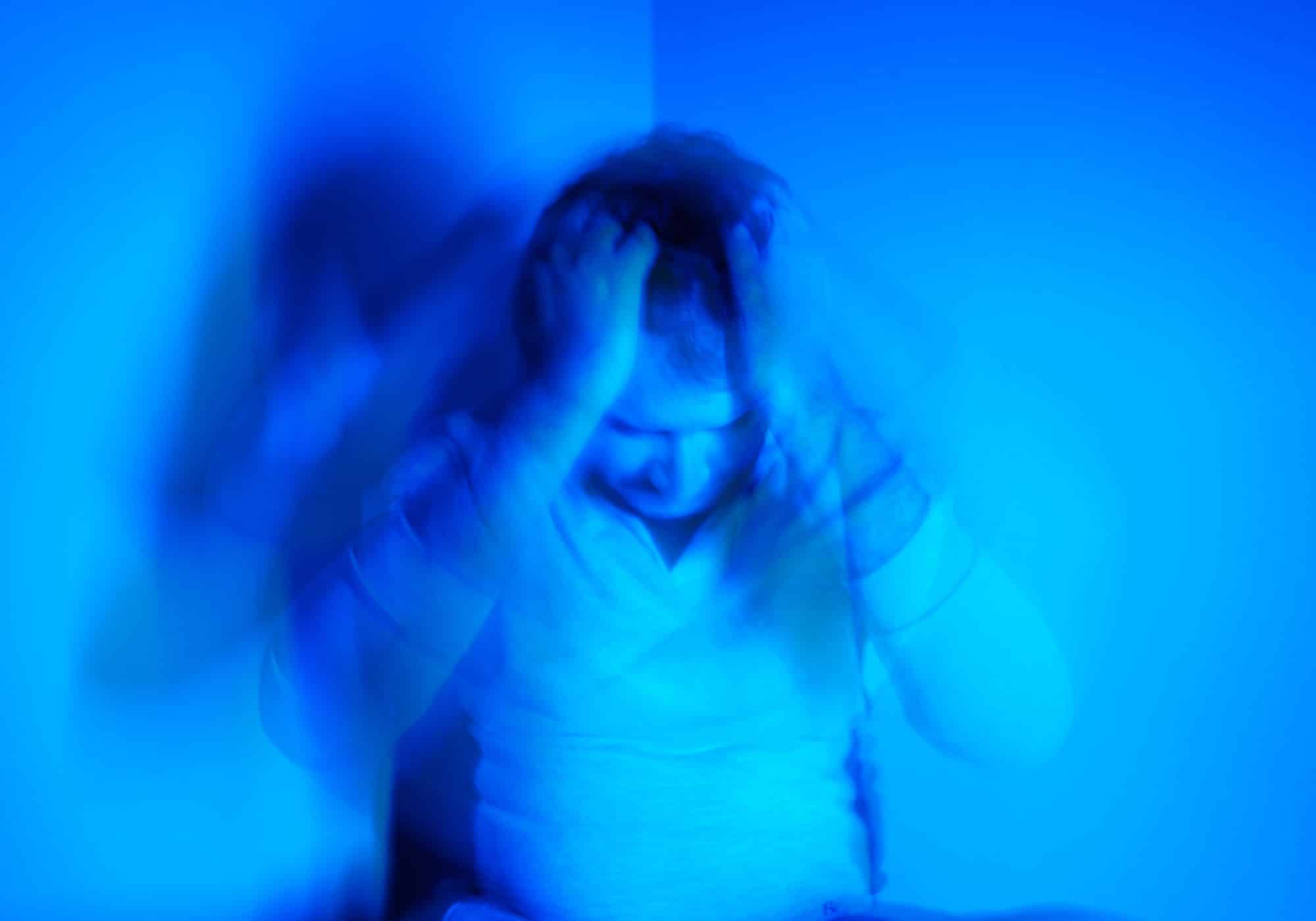
Symptoms of Heroin Overdose
Recognizing the symptoms of a heroin overdose is crucial, as it can be a life-threatening situation requiring immediate medical attention. Medical professionals often identify three key signs of heroin overdose, known as the opioid overdose triad:
- Respiratory Depression: Shallow, labored, or completely halted breathing.
- Decreased Level of Consciousness: Profound drowsiness, lethargy, or unresponsiveness.
- Constricted Pupils: Pupils become pinpoint-sized, failing to respond to light.
Besides these core signs, a heroin overdose can manifest through a range of other symptoms:
- Uncontrollable Vomiting
- Limp Body
- Loss of Consciousness
- Unresponsiveness to Pain
- Choking or Gurgling Noises
- Slowed Pulse
- Low Blood Pressure
- Respiratory Arrest
Prompt recognition and response to these symptoms are vital. If you suspect someone is experiencing a heroin overdose, call emergency services immediately as this condition can quickly become fatal without timely intervention.
Timeline for Heroin Overdose
The timeline of a heroin overdose is a critical aspect to understand, given the inherent dangers of using this potent opioid. Heroin use, regardless of the amount or frequency, poses serious risks due to its highly addictive nature and potential for overdose.
Various factors can affect the likelihood of experiencing an overdose:
- Method of Consumption: The onset of heroin’s effects varies depending on how it’s consumed. Snorting heroin leads to effects within about 60 seconds. Intravenous injection produces effects within 30 seconds, making it the fastest method. Sub-muscular injections take longer, with effects starting several minutes after injection.
- The Euphoric Rush: Following consumption, users typically experience an initial euphoric sensation. This rush is a key indicator of the drug taking effect.
- The Peak: The peak of heroin’s effects generally occurs around ten minutes after use. It’s during this peak that the risk of overdose is highest. The body is under the drug’s strongest influence, and users often don’t recognize the signs of an overdose.
Understanding this timeline is crucial, as it highlights the moments when heroin poses the greatest danger. Recognizing these stages can be vital for those around heroin users to identify and respond to potential overdoses promptly.
Heroin Overdose Causes & Risk Factors
Heroin overdose is an alarming and potentially fatal occurrence that can affect anyone, even those who may be using heroin for the first time. The risk of a heroin overdose is not uniform and is often higher in certain demographics and under specific conditions. Recognizing these risk factors is crucial for prevention and education. Some common risk factors for a heroin overdose include:
- Younger Age Group: Individuals aged between 20 and 40 years are at a heightened risk.
- Gender: Males tend to have a higher incidence of heroin overdose.
- History of Overdoses: Those who have previously experienced overdoses are at an increased risk.
- Existing Health Conditions: Severe medical or mental health issues, such as depression, HIV, respiratory problems, and liver or kidney diseases, can exacerbate the risk.
- Method of Use: Intravenous heroin use can significantly elevate the risk of overdose.
- Escalating Dosages: Increasing the amount of heroin used heightens the likelihood of an overdose.
- Relapse After Abstinence: Using heroin after a period of not using can be particularly dangerous as the body’s tolerance to opioids may have diminished.
- Polydrug Use: The majority of heroin users also consume other substances. The danger of overdose escalates when heroin is used in combination with other central nervous system depressants like alcohol or benzodiazepines, which can further slow down respiratory functions.
Understanding these causes and risk factors is essential in both the prevention of heroin overdoses and the formulation of effective intervention strategies. It underscores the importance of education, targeted support, and accessible treatment options for those at risk.
What to do if Someone is Overdosing on Heroin
In the event of a drug overdose, taking immediate and appropriate action is crucial. Overdoses are serious medical emergencies that demand prompt attention.
- Call for Emergency Help: Your first step should be to dial 911 without delay. Under the Good Samaritan laws present in most U.S. states, individuals who seek medical assistance for an overdose are offered protection against legal consequences. This law encourages people to call for help without fear of legal repercussions.
- Administer Naloxone if Available: If naloxone, an opioid overdose reversal medication, is accessible, administer it as soon as possible. Naloxone can be legally obtained in many areas, even without a prescription. In some overdose situations, especially those involving potent opioids like fentanyl, multiple doses of naloxone might be necessary due to the severity and persistence of respiratory depression caused by the drug.
- Keep the Person Conscious: If the individual is conscious, engage with them to keep them alert. Continuous interaction can be crucial in keeping them responsive.
- Use the Recovery Position: For an unconscious person, it’s important to place them in the recovery position—lying on their side with their head tilted to prevent choking.
- Stay with the Person: Remain with the individual until emergency services arrive. Your presence can provide essential support and enable you to relay critical information to the first responders.
Remember, in cases of heroin or opioid overdose, these steps can be life-saving. The key is to act swiftly, call for help, and provide immediate assistance within your capacity while waiting for medical professionals to take over.

Heroin Overdose Treatment
When a patient arrives in the emergency room due to a heroin overdose, the immediate focus of healthcare professionals is on stabilizing the patient. The first step in this crucial process is ensuring adequate oxygenation, especially if the patient is experiencing breathing difficulties. This might require careful airway management and possibly assisted ventilation to guarantee sufficient oxygen supply.
Blood tests are often conducted to identify any additional substances present in the patient’s system and to detect any concurrent health issues that might be exacerbating the overdose situation.
In cases where naloxone has been administered before arrival, medical staff remain vigilant for the reemergence of overdose symptoms as the effects of naloxone diminish. Additional doses of naloxone may be required to counteract these symptoms effectively. After the immediate overdose symptoms have been addressed, patients typically undergo monitoring in the hospital for 6-12 hours, or longer if necessary, to ensure their vital signs remain stable.
It’s important to note that naloxone can precipitate immediate heroin withdrawal symptoms in individuals who are physically dependent on opioids. These symptoms can range from severe discomfort to behavioral agitation. Additionally, patients may experience a whirlwind of emotions following an overdose, including feelings of anger, guilt, or relief. Support from family, friends, and medical staff can be invaluable during this vulnerable time.
This critical moment often presents an opportunity for healthcare providers to discuss the benefits of heroin addiction treatment. Such treatment not only addresses the physical aspects of addiction but also the behavioral and social factors, providing a comprehensive approach to recovery and long-term management of opioid use disorder.
Heroin Overdose Treatment at Hope Harbor Wellness
Located in the serene suburbs of Atlanta, Hope Harbor Wellness is your ally in the fight against heroin addiction in Atlanta, GA. Our heroin drug rehab centers, dedicated to holistic recovery, are ideally situated to offer you the support you need.
Our compassionate heroin outpatient program collaborates with top-tier medical heroin detox facilities, ensuring a safe and effective detox process. Once free from addictive substances, you can seamlessly transition into one of our specialized outpatient treatment programs at Hope Harbor Wellness, designed to address substance use disorders:
- Outpatient Rehab: A flexible program tailored to fit into your daily life.
- PHP (Partial Hospitalization Program): Offers a structured yet non-residential approach to treatment.
- IOP (Intensive Outpatient Program): Provides more intensive care while allowing you to maintain daily responsibilities.
- Dual Diagnosis Treatment Program: Caters to those with co-occurring mental health disorders.
Our heroin treatment programs incorporate a variety of interventions:
- MAT (Medication-Assisted Treatment): Utilizes medications to ease heroin withdrawal symptoms and cravings.
- Psychotherapy: Addresses underlying psychological aspects of addiction.
- Group Therapy: Offers peer support and shared learning experiences.
- Individual Counseling: Provides personalized guidance and support.
- Family Therapy: Helps heal and strengthen family relationships.
- Holistic Therapies: Focuses on overall well-being, including physical, emotional, and spiritual health.
- Aftercare: Ensures ongoing support post-treatment.
Embark on your journey from addiction to recovery with Hope Harbor Wellness. Trust in our dedicated team to guide you every step of the way. For more information or to start your journey, call our admissions team at 678-929-6304.


